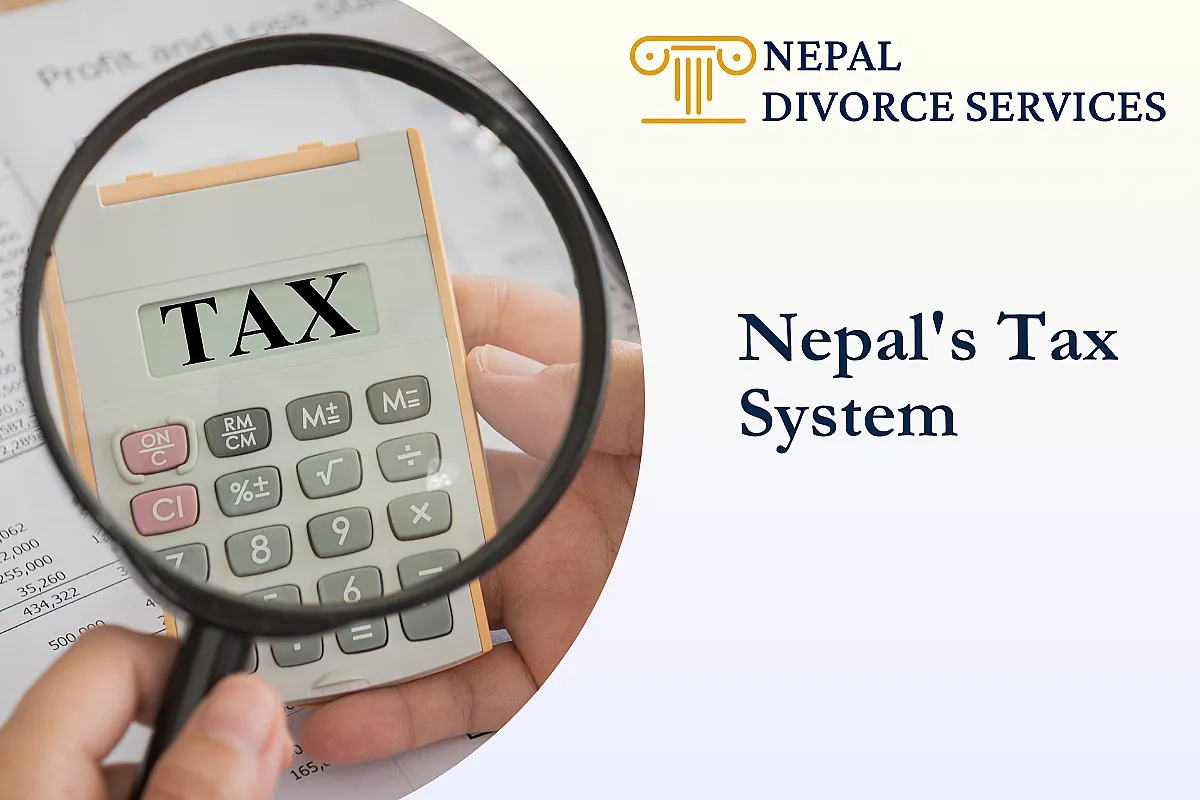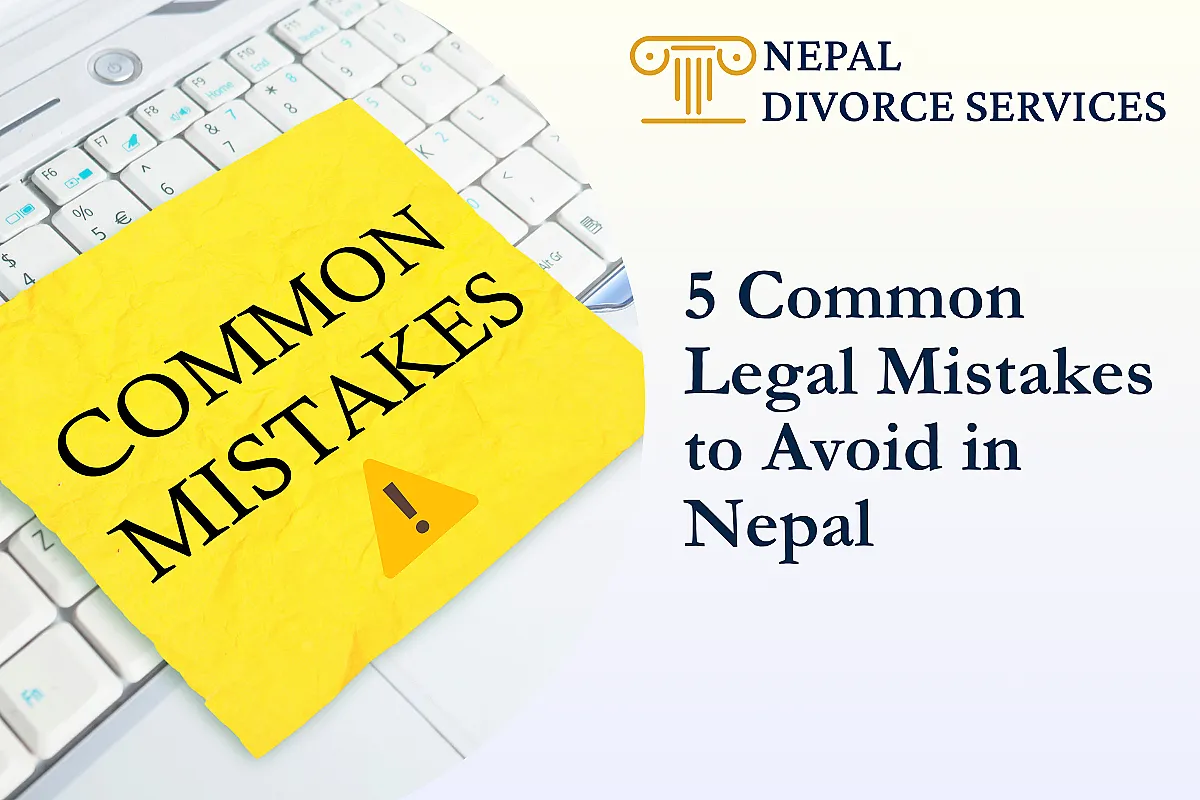Tag : Regulatory Compliance Law Firm
Cross-Border Transactions in Nepal
Cross-border transactions, which refer to the exchange of goods, services, and money across national borders, are essential for Nepal's economic development and integration. Nepal is a landlocked country that relies heavily on trade with its neighboring countries, especially India and China, for its imports and exports. However, cross-border transactions in Nepal face many challenges and barriers, such as high costs, delays, inefficiencies, risks, and regulations.
Nepal's Tax System : A Guide for Businesses and Individuals
Nepal's Tax System : A Guide for Businesses and Individuals is a document that provides a general overview of the tax system in Nepal, including the types, rates and procedures of various taxes applicable to businesses and individuals in Nepal. The tax system in Nepal consists of direct and indirect taxes, which are levied by the federal, provincial and local governments. The tax system in Nepal is based on the Income Tax Act, 2002 (2058), the Value Added Tax Act, 1996 (2052), the Excise Act, 2002 (2058), the Customs Act, 2007 (2064) and other relevant laws and regulations.
Nepal's Cybersecurity Regulations
Cybersecurity is the protection of information systems and networks from unauthorized access, use, modification, or destruction. Cybersecurity is essential for ensuring the confidentiality, integrity, and availability of data and services in the digital era. Cybersecurity is also a matter of national security, as cyberattacks can disrupt or damage critical infrastructure, public services, and economic activities.
5 Common Legal Mistakes to Avoid in Nepal
Nepal is a country with a rich and diverse legal system, influenced by both its ancient traditions and its modern developments. However, navigating the complex laws and regulations of Nepal can be challenging for anyone, especially for foreigners or those who are unfamiliar with the local context. Here are some common legal mistakes that you should avoid in Nepal, and some tips on how to deal with them.




